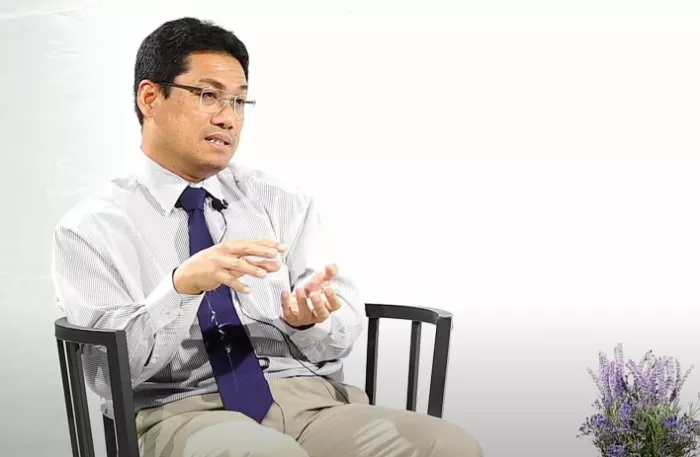UNDIP, Semarang (March 29) – Amid global challenges surrounding the use of antibiotics in livestock, Prof. Sugiharto, a Professor of Animal Physiology at Universitas Diponegoro (UNDIP) and one of the World’s top 2% most influential scientists according to Stanford University, has introduced an innovative breakthrough through encapsulation technology.
This technology not only protects the active components in herbal materials but also enhances the effectiveness of herbal extracts as alternatives to antibiotics, whose use in livestock has been banned by the Indonesian government and many other countries around the World.
From the beginning of his academic career, Prof. Sugiharto has specialized in animal physiology, immunology, and microbiology. One of his key innovations is encapsulation technology for livestock feed additives, aimed at improving the additives’ effectiveness in enhancing physiological conditions, health, and productivity of livestock—without relying on antibiotics.
Encapsulation protects the active ingredients in herbal extracts from degradation during storage and while passing through the animal’s digestive tract. This method increases the effectiveness of the feed additives, allowing livestock to grow healthily without the use of synthetic antibiotics.
His research also focuses on improving immune systems and maintaining microbial balance in the digestive tract. With nutritional interventions through feed additives, animals can grow optimally and stay healthy without synthetic antibiotic dependence.
Prof. Sugiharto explained that in the past, farmers heavily relied on antibiotics as growth promoters. However, due to growing awareness around food safety and strict regulations on antibiotic resistance, their use in feed has been officially prohibited. As a result, safe and effective alternatives—such as encapsulated herbal-based additives—are increasingly necessary.
His research has collaborated with various animal pharmaceutical companies, and the results have been implemented in the industry. Encapsulation-based products are now being used by several major companies and are expected to become more widely accessible to the general public. This technology benefits not only farmers but also assures consumers about the safety of animal products.
Modern Livestock and Agriculture for Food Sovereignty
Beyond his focus on animal research, Prof. Sugiharto also emphasizes the importance of food sovereignty. He prefers the term “food sovereignty” over “food security,” as the key concern is ensuring that the population’s food needs are met by domestic production.
Indonesia still heavily relies on imported feed ingredients and other production inputs. Thus, strategic steps are needed to increase domestic food production and reduce dependence on imports, he said.
According to Prof. Sugiharto, technological innovation is the key to reducing imports and increasing the competitiveness of Indonesia’s agricultural and livestock products. With modern technology, domestic products can compete in both quality and price with imports. Additionally, public awareness must be raised to promote the consumption of local products by educating people about food safety and quality.
Prof. Sugiharto also highlighted the importance of urban farming, which he sees as a potential solution for food security. With modern technologies such as the Internet of Things (IoT) and greenhouse-based farming systems, limited land areas can be used optimally. At the Faculty of Animal and Agricultural Sciences UNDIP, various innovations have been implemented, including automated chicken coops that independently regulate microclimate conditions.
One of the significant challenges in the agricultural and livestock sectors is regenerating the farming workforce. Most farmers today are over 50 years old, while interest among younger generations remains low. Prof. Sugiharto believes that there must be a shift in mindset—farming and livestock careers can be promising. In fact, with the use of modern technology, this sector can become a profitable and forward-looking profession.
At the Faculty of Animal and Agricultural Sciences UNDIP, students are encouraged to develop entrepreneurial skills through various programs in collaboration with industry partners. These activities are organized under the Student Entrepreneur Center (SEC). Overall, entrepreneurship initiatives at the Faculty of Animal and Agricultural Sciences UNDIP aim to give students hands-on experience in agribusiness from upstream to downstream. With collaboration among academia, government, and the private sector, the hope for a more self-reliant Indonesia in agriculture and livestock is growing stronger. (Dhany, ed. NH)


